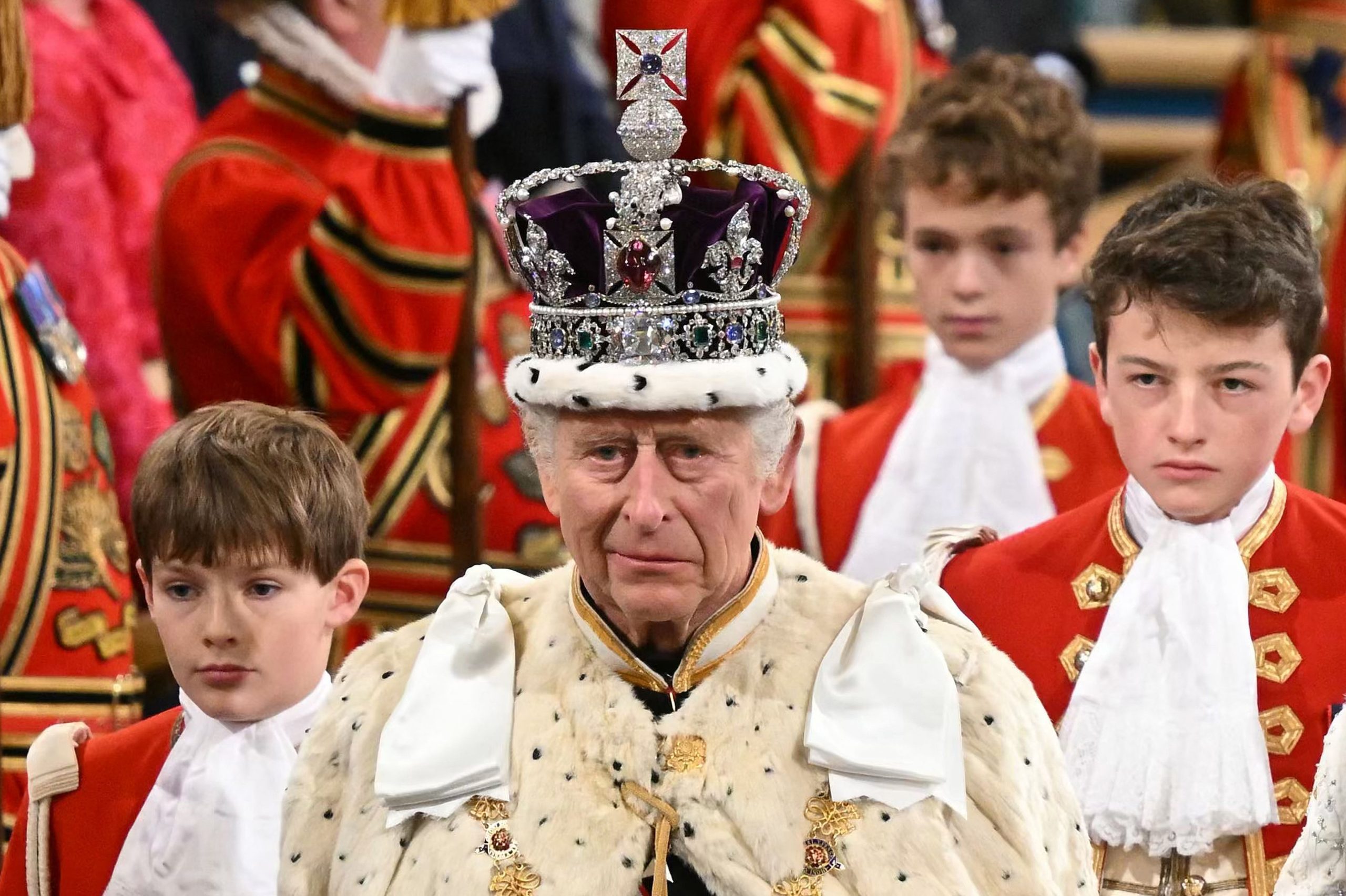quebec-oui.org – On May 6, 2023, King Charles III was crowned as the monarch of the United Kingdom and the Commonwealth realms, marking the beginning of a new chapter in British history. His reign follows the historic 70-year tenure of his mother, Queen Elizabeth II, who passed away in September 2022. King Charles III, formerly known as the Prince of Wales, brings with him a lifetime of service, environmental advocacy, and a deep sense of duty.
Early Life and Preparation for the Throne
Born on November 14, 1948, Charles Philip Arthur George Windsor was the first child of Queen Elizabeth II and Prince Philip, Duke of Edinburgh. His position as the eldest son made him the heir apparent from a young age, preparing him for the responsibility of one day becoming king. Educated at prestigious institutions like Gordonstoun and Cambridge, he developed a broad understanding of global affairs, history, and culture.
Charles’ early life was shaped by royal duties and public service, but he also faced scrutiny and challenges, particularly during his marriage to Lady Diana Spencer. His personal life often dominated headlines, yet he remained focused on his roles as Prince of Wales and Duke of Cornwall, building a reputation for charity work and advocacy, especially for the environment.
Advocacy and Philanthropy
Throughout his life, King Charles has been an outspoken advocate for environmental issues, long before climate change became a global priority. His work with The Prince’s Trust and his involvement in numerous charitable organizations reflect his commitment to social issues, including education, youth employment, and conservation.
Charles’ forward-thinking approach has influenced his views on architecture, sustainable farming, and organic food production. His long-held passion for the environment has endeared him to a younger generation that values sustainability and action on climate change.
Transition to Kingship
King Charles III ascended to the throne at the age of 73, following the passing of Queen Elizabeth II. His coronation ceremony was a blend of tradition and modernity, reflecting his intent to honor the royal customs while also acknowledging the changing values of contemporary society. In his first speech as king, he pledged to serve with loyalty, respect, and love, just as his mother had done throughout her reign.
Challenges and Opportunities
As King, Charles faces the challenge of modernizing the monarchy in a rapidly changing world. His reign comes at a time when the role of the monarchy is often questioned, with debates around its relevance and public cost. However, King Charles III is poised to bring a more hands-on, engaged approach to his leadership, emphasizing service to his country and the Commonwealth.
He has expressed his desire to streamline the monarchy, making it more efficient and cost-effective while maintaining its symbolic significance. His understanding of global issues, paired with his dedication to public service, positions him to navigate these challenges and secure a meaningful legacy.
A New Chapter for Britain
The reign of King Charles III represents a shift toward a more progressive, forward-thinking monarchy. His deep connection to environmental causes and his decades of service have prepared him to lead Britain and the Commonwealth into a new era. While he follows in the footsteps of one of the most beloved monarchs in history, Charles III brings his own unique vision for the future of the monarchy.
As he continues to carry out his duties, King Charles III is expected to be a bridge between tradition and modernity, helping to guide the monarchy through a period of change and reflection. His reign may well be defined by how he balances the heritage of the Crown with the evolving values of the nation.
